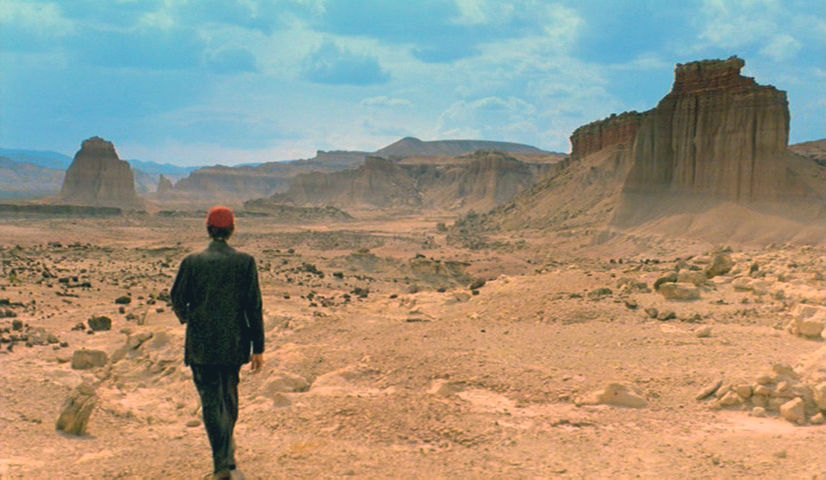Atonement (Ian McEwan, 2001)
- decapvada
- Dec 2, 2024
- 2 min read

Ian McEwan’s novel is a metafictional work set in three time periods: 1935 England, during the Second World War, and present-day England. While war is the backdrop, Atonement is thematically more interested in the limited perception and interpretation of inexperienced youth and the nature of heroes and plotting in prose fiction.
Briony Tallis is a 13-year-old English girl with writing aspirations and a big imagination. After discovering a threatening letter written for her sister by Robbie Turner, she witnesses him attack her. Then, even more horrific, she finds him attacking her young cousin Lola as well. Empowered by her sense of justice, Briony identifies Robbie for the police. He is forced into several years of prison before eventually enlisting in the army.
This is, however, Briony’s perspective in the narrative and her immaturity leads to her making rash, ill-informed decisions. Realising her mistake, Briony sets out on a quest for atonement, the kind of atonement that only a writer could undertake.

McEwan’s prose is clear and detailed. His words express exquisite tenderness and passion. While some sections of the narrative are slightly less compelling than others, the work really should be taken as a whole. The patterning is extremely effective, and the closing sections are shocking, dealing with the nature of grief and guilt from the perspective of a creative person. It is deeply thought-provoking for someone who has been forced to create due to deep emotional reactions that forge inspiration.
Atonement really stuck with me long after I had finished the novel, and this surprised me as I was initially unimpressed. It took much deliberation before its themes began to draw together, until McEwan's patterning became apparent. As a creative person, it spoke to me on a very deep level about the nature of therapy through creativity and how artists cope with the difficulties of life, how we infuse our work with our experiences, trauma, and our grief.

It is a beautiful gift of a novel that utilises its physical genre’s boundaries and asks some fascinating questions about heroes in real life and heroes in fiction. How they live on in our hearts and minds, how they inspire us, and ultimately, the nature of the kind of relationship we can have with a person that is at once fictional and yet also interpreted.




Comments